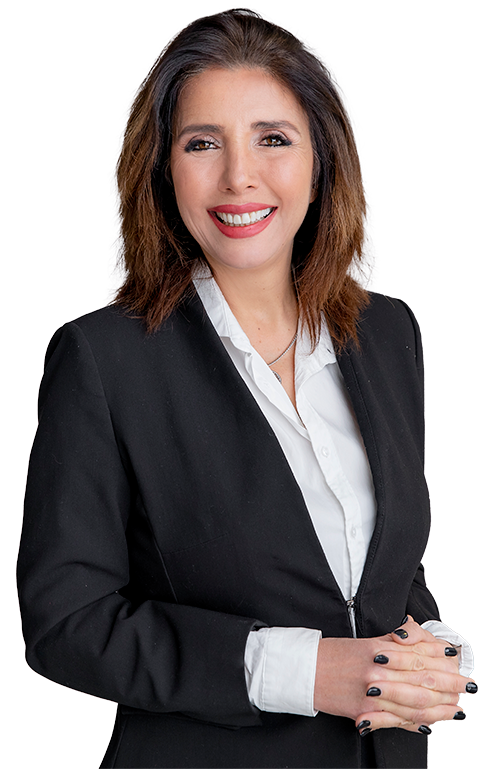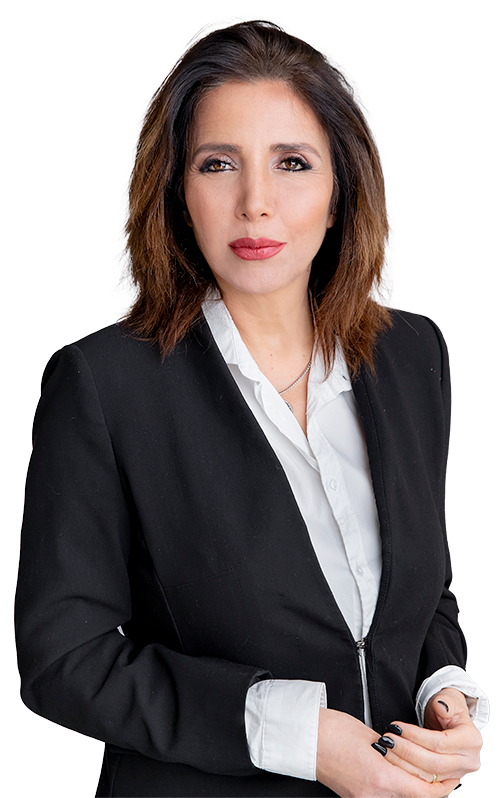Professional certificates are invaluable credentials that demonstrate an individual’s expertise and qualifications in a particular field. Whether you’re a doctor, engineer, lawyer, or hold any other specialized profession, your professional certificate is a testament to your skills and knowledge. However, if you’re planning to work in Israel and your certificate is issued in a language other than Hebrew, you’ll need a notarized translation to navigate the legal requirements and ensure your qualifications are recognized by Israeli authorities. In this article, we’ll explore the essential aspects of translating a professional certificate for the purpose of working in Israel.
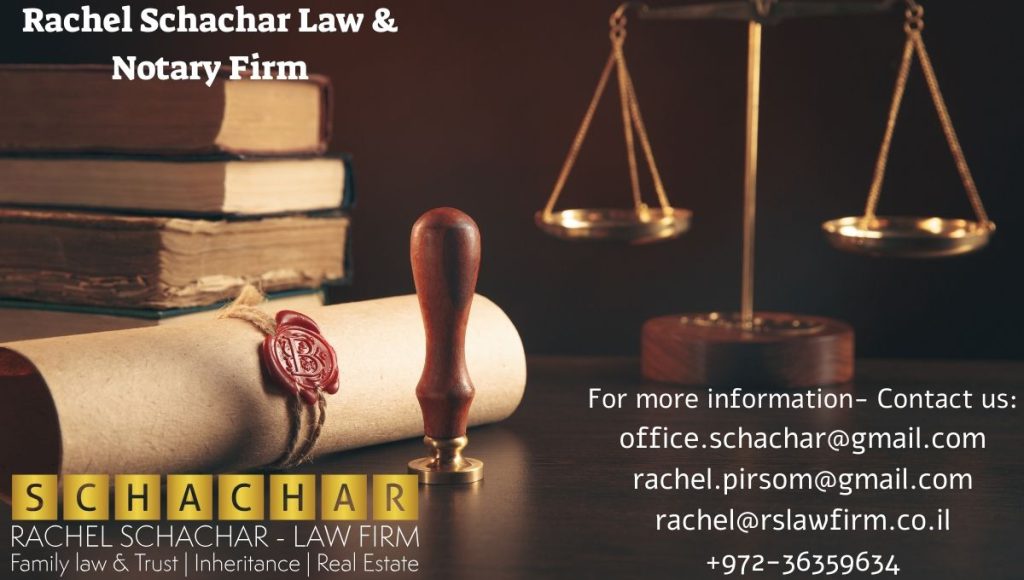
| Reasons for Professional Certificate Translation | Description |
| Legal Requirement | Mandatory under Israeli law for foreign documents |
| Employability | Necessary for securing jobs in various professions |
| Immigration | Required for visa and residency applications |
| Professional Associations | Needed for membership in Israeli professional organizations |
| Trust and Credibility | Demonstrates commitment to complying with regulations |
The Importance of Professional Certificate Translation
Before delving into the intricacies of translating a professional certificate, let’s emphasize why this process is vital when seeking employment in Israel.
- Legal Requirement: Israeli law mandates that foreign documents, including professional certificates, be translated into Hebrew to be legally recognized within the country’s borders. This requirement ensures that all relevant authorities, institutions, and employers can understand and verify your qualifications.
- Employability: Many professions in Israel, such as medicine, engineering, and law, require individuals to hold valid professional certificates. To secure employment in these fields, you must provide proof of your qualifications, often in Hebrew, to potential employers.
- Immigration: If you’re moving to Israel for work, immigration authorities may request translated professional certificates as part of your visa or residency application. These documents play a crucial role in determining your eligibility to work and reside in the country.
- Professional Associations: Certain professions require membership in Israeli professional associations or boards. These organizations typically require proof of qualifications, which includes translated professional certificates.
- Trust and Credibility: A translated professional certificate instills trust and credibility in employers, clients, and colleagues. It demonstrates your commitment to complying with Israeli regulations and communicates your dedication to your profession.
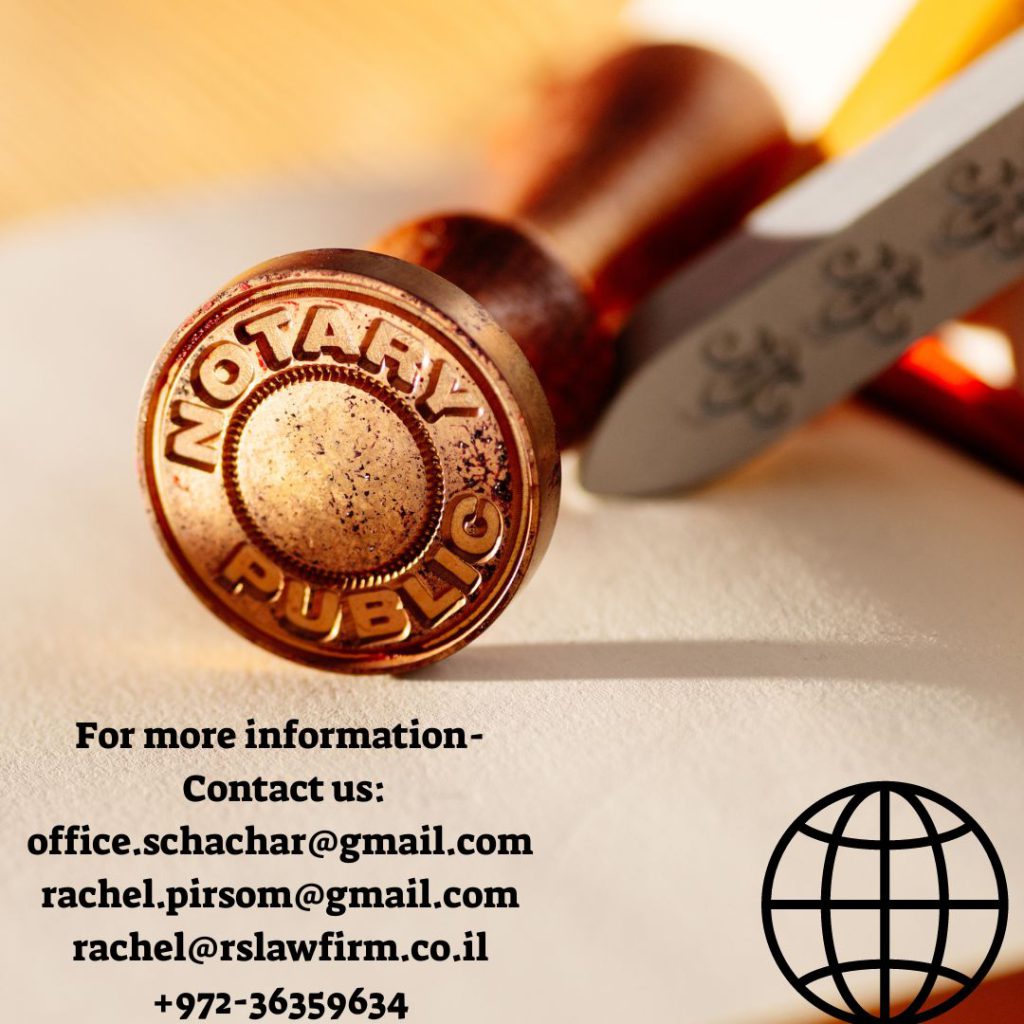
| Steps in Professional Certificate Translation | Description |
| Choose a Qualified Translator | Select professionals experienced in legal document translation |
| Notarization | Review, verification, and notarization of the translation |
| Apostille Certification | Additional step for documents from Hague Apostille Convention countries |
| Submit Translated Certificate | Provide translated and notarized certificate to relevant authorities |
The Translation Process
Translating a professional certificate involves several steps to ensure accuracy, legality, and compliance with Israeli regulations. Here’s a comprehensive guide to help you navigate this process effectively:
- Choose a Qualified Translator: Start by selecting a qualified translator or translation agency with expertise in legal and professional document translation. It’s essential to work with professionals who understand the specific requirements for translating professional certificates in Israel.
- Notarization: Once the translation is complete, it must be notarized. A notary public, who is also a lawyer, reviews the translation, verifies its accuracy, and adds their seal and signature to confirm the document’s authenticity. This notarization is essential for the translated certificate to be legally recognized.
- Apostille Certification: If your professional certificate was issued in a country that is a member of the Hague Apostille Convention, you may need to obtain an apostille certification. This additional step ensures that the translated certificate is accepted as a valid document in Israel.
- Submit Translated Certificate: Provide the translated and notarized professional certificate, along with the original certificate and any other required documentation, to the relevant Israeli authorities, employers, or institutions. Be prepared to present the notarized translation as part of your application for employment or professional registration.
| Challenges in Translating Professional Certificates | Description |
| Technical Terminology | Specialized terms may lack direct equivalents in Hebrew |
| Cultural Nuances | Translations must consider cultural context and appropriateness |
| Legal Requirements | Compliance with Israeli legal standards and notarization |
| Certified Translators | Ensure the translator is authorized for notarized translations |
Professional Certificate Translation Challenges
While translating a professional certificate is essential, it can present unique challenges, including:
- Technical Terminology: Professional certificates often contain specialized terminology that may not have direct equivalents in Hebrew. Translators must possess expertise in the specific field to accurately convey these terms.
- Cultural Nuances: Translations must consider cultural nuances and context to ensure that the document is culturally appropriate and legally valid in Israel.
- Legal Requirements: Compliance with Israeli legal requirements, including formatting standards, notarization, and apostille certification, can be complex. Working with professionals who are well-versed in these requirements is crucial.
- Certified Translators: Not all translators are authorized to provide notarized translations. It’s essential to choose a translator or agency with the necessary credentials to ensure the validity of the translation.
Seeking Legal Guidance
Navigating the legal requirements for translating professional certificates can be daunting. It’s advisable to seek legal guidance, especially if you’re unsure about specific regulations or the translation process. A notary public with expertise in document translation can provide valuable assistance, ensuring that your translated professional certificate meets all legal and professional standards in Israel.
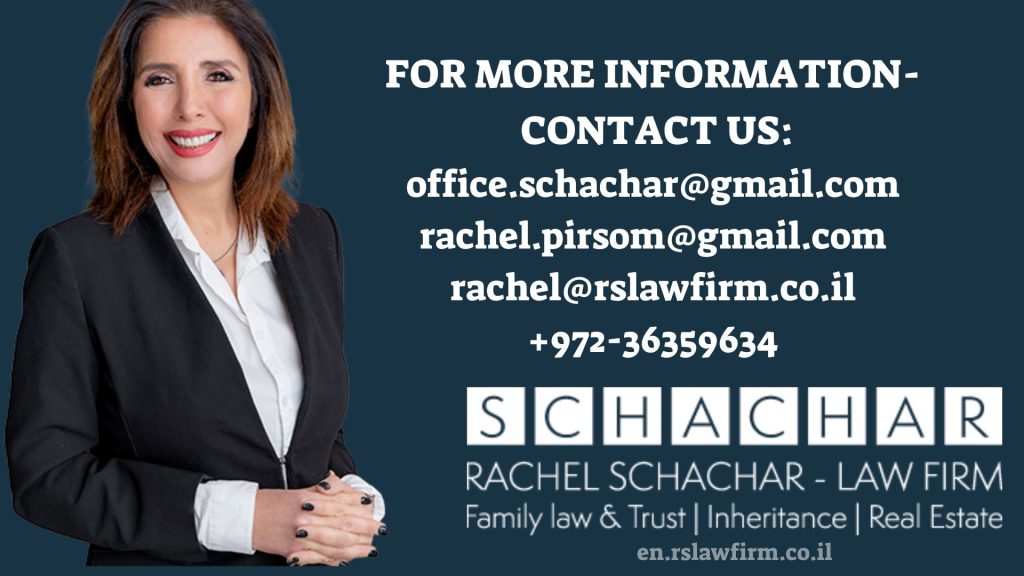
| Seeking Legal Guidance | Description |
| Navigating Legal Requirements | Legal guidance is advisable to understand regulations |
| Notary Public Expertise | A notary with translation expertise can provide assistance |
| Compliance with Standards | Ensures that the translated certificate meets legal and professional standards |
| Preparation for Professional Journey in Israel | Ensures qualifications are recognized for employment |
Conclusion
Translating a professional certificate for the purpose of working in Israel is a crucial step in establishing your qualifications and complying with legal requirements. It’s essential to work with qualified professionals who understand the intricacies of translating such documents and the legal standards in Israel. By following the correct procedures and seeking legal guidance when needed, you can ensure that your qualifications are recognized, and you’re well-prepared for your professional journey in Israel.
Your Trusted Partner for Notarized Translations: Rachel Schachar Law & Notary Firm
I highly recommend Rachel Schachar Law & Notary Firm for all your notarized translation needs. With their wealth of experience and expertise in the field, this veteran firm has consistently delivered exceptional translation services in multiple languages and across various document types. Their commitment to precision and accuracy ensures that your documents will meet the highest standards, making them suitable for international use. Whether you require translations for personal documents, legal papers, or business agreements, Rachel Schachar Law & Notary Firm’s dedicated team will provide you with professional and reliable service. Trust in their proven track record and extensive knowledge in notarized translations, and you’ll find a dependable partner to assist you in navigating the complexities of global communication and documentation.



